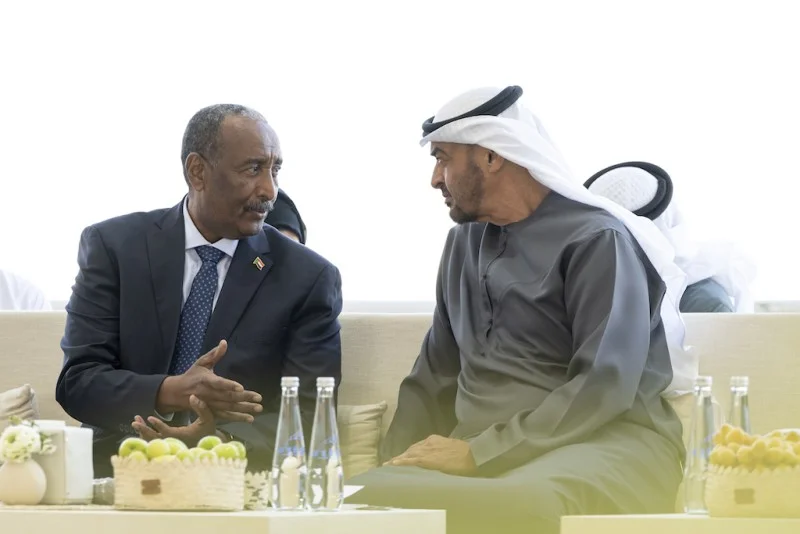Sudan terminates economic deals with UAE amid claims of foreign interference

The Sudanese government has announced the termination of two major agreements with the United Arab Emirates, citing concerns over what it perceives as external meddling in its internal affairs.
The agreements, signed prior to the onset of Sudan’s ongoing conflict, focused on infrastructure and agricultural investments by Abu Dhabi.
Official sources describe the move as a strategic shift aimed at reinforcing Sudan’s economic sovereignty.
Since internal conflict erupted in April 2023, Sudan has been mired in a deepening crisis marked by internal strife and allegations of foreign influence.
Sudanese authorities argue that some regional powers, including the UAE, have sought to exploit the situation to shape domestic policies.
This decision to end the agreements is seen as a bid to curtail perceived foreign influence and reaffirm control over the country’s strategic resources.
Foreign Interference Undermines Economic Partnership
The now-void agreements, signed under a previous administration, included long-term projects worth hundreds of millions of dollars, targeting agricultural development and urban infrastructure upgrades.
Current authorities claim these deals primarily served Emirati interests, prompting a reevaluation of their merit and purpose.
The cancellation reflects broader tensions between the two nations, exacerbated by accusations of covert Emirati support for certain local factions in Sudan’s civil conflict.
Sudan views such actions as incompatible with the UAE’s status as an economic partner, driving Khartoum’s decision to scrutinize all bilateral ties that could undermine its sovereignty.
Impact on UAE Investments in Sudan
Sudan’s decision to revoke the agreements signals its intent to regain control over economic partnerships and attract transparent investments free from political influence.
Officials hope this stance will encourage foreign partners to adhere to Khartoum’s terms for investment.
The UAE has yet to officially respond, though analysts anticipate a potential strain in relations.
The UAE has historically supported key economic initiatives in Sudan, particularly in agriculture, which holds regional importance for food security.
The termination of these agreements may complicate ongoing Emirati projects.
Broad Policy of Economic Reassessment
Sudan is also set to review its broader economic agreements with Gulf nations to ensure they align with its developmental goals.
This policy aims to foster cooperation that respects national interests and discourages undue influence.
Analysts view the move as Sudan’s effort to rebuild international relations grounded in mutual respect, though it may carry economic risks at a critical time for the country’s reconstruction efforts.
By ending these protocols, Sudan signals a firm stance against foreign meddling, underscoring its commitment to balanced, sovereign partnerships.
Observers believe this development could prompt other regional players, such as Egypt and Saudi Arabia, to reconsider their own agreements with Khartoum as they closely watch the unfolding dynamics in Sudan-UAE relations.
About The Author
dailymailafric
I am an avid African news observer, and an active member of Daily Mail Africa.
I’m Passionate about staying informed on diverse topics across the continent,
I actively contribute to publishing on political, economic and cultural developments in Africa.



